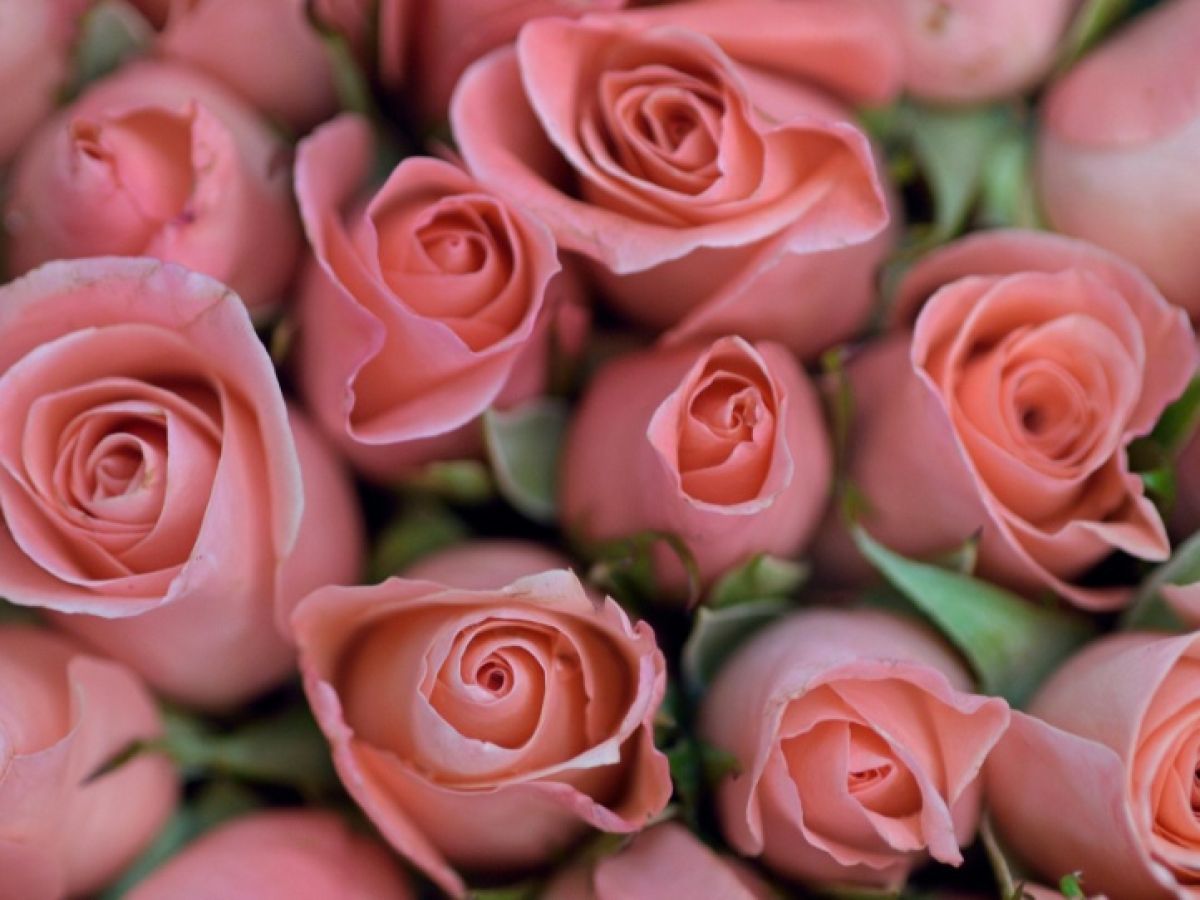Laboratory analyses of bouquets of flowers, carried out by UFC Que Choisir, reveal "massive contamination of cut flowers by pesticides, some of which are banned in Europe", states the consumer protection magazine on Friday, Valentine's Day, a popular day for buying bouquets.
Referring to the "endangerment" of those who handle these flowers - buyers but especially professionals - UFC Que Choisir says it "demands immediate measures to protect public health and the environment" in a press release.
The magazine tested 15 bouquets (roses, gerberas and chrysanthemums, purchased in early January in stores, supermarkets and online) in a laboratory. "100% of the flowers are contaminated", with "up to 46 different pesticide residues on the same bouquet", it writes.
These substances "include proven carcinogens and endocrine disruptors that directly threaten the health of those who handle them daily," he adds.
"To date, there are no regulations limiting the presence of pesticide residues in cut flowers, 80% of which are imported from countries that still authorize the use of highly toxic substances."
The impact of these products on consumers remains unknown, adds UFC Que Choisir, but an assessment of the exposure of workers in the sector and their children has been entrusted to the National Agency for Food, Environmental and Occupational Health Safety (ANSES).
– Favor seasonal flowers –
Asked by AFP on Friday, the agency specified that "depending on the results of the assessment and in accordance with the request sent to us, we may be required, if necessary, to carry out a similar assessment for consumers at a later stage."
But, in fact, "any measure that improves prevention and protection against the risks to which workers are exposed will de facto benefit consumers," underlines ANSES.
This mission was entrusted to ANSES after the death of a little girl from leukaemia linked to the exposure of her mother, a florist, during her pregnancy.
Currently, some 85% of cut flowers sold in France are imported (most often via the Netherlands), including "a significant proportion grown outside Europe" with potentially "treatments with pesticides that are not authorized in the European Union", Henri Bastos, scientific director for health and work at ANSES, explained to AFP in January.
UFC Que Choisir is calling for "strict regulations on maximum doses of pesticide residues in cut flowers", "a ban on importing flowers treated with pesticides banned in Europe, with increased controls" by health authorities and customs, "an obligation to label" the origins of flowers and treatments, and the broadening of Anses' research to include risks incurred by consumers.
The organization advises favoring organic flowers and opting for French and seasonal flowers, a choice which also reduces the environmental impact.

